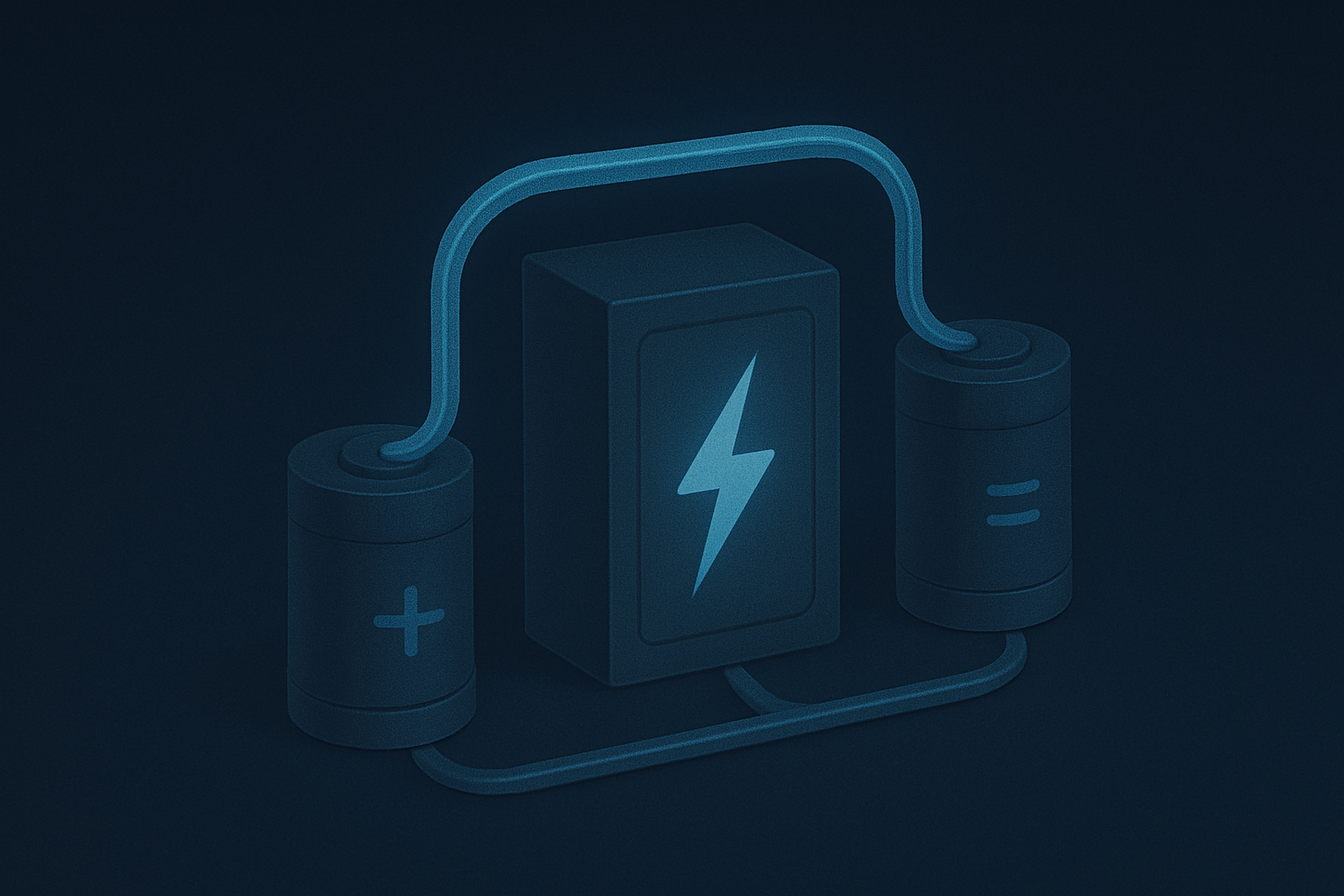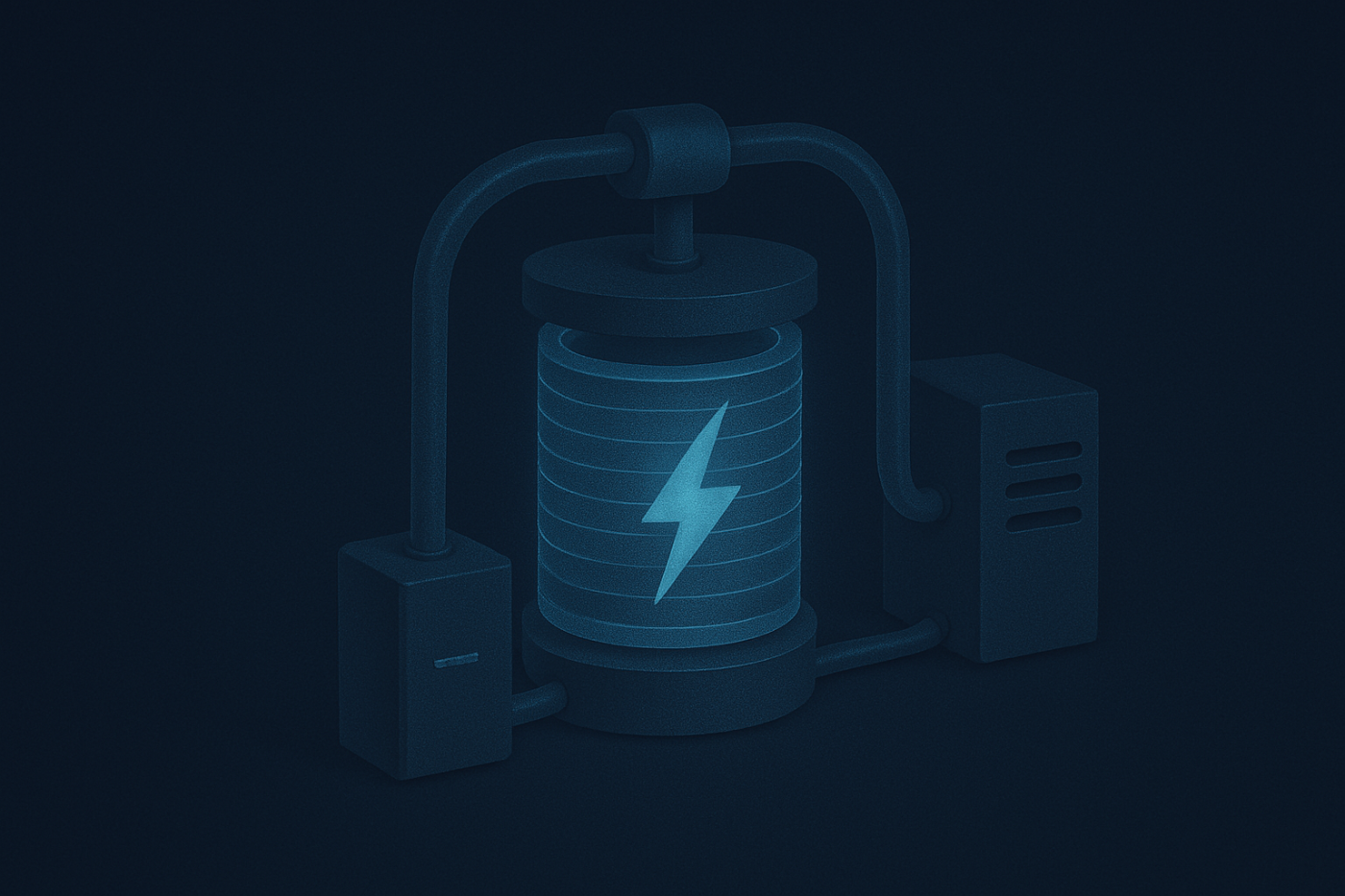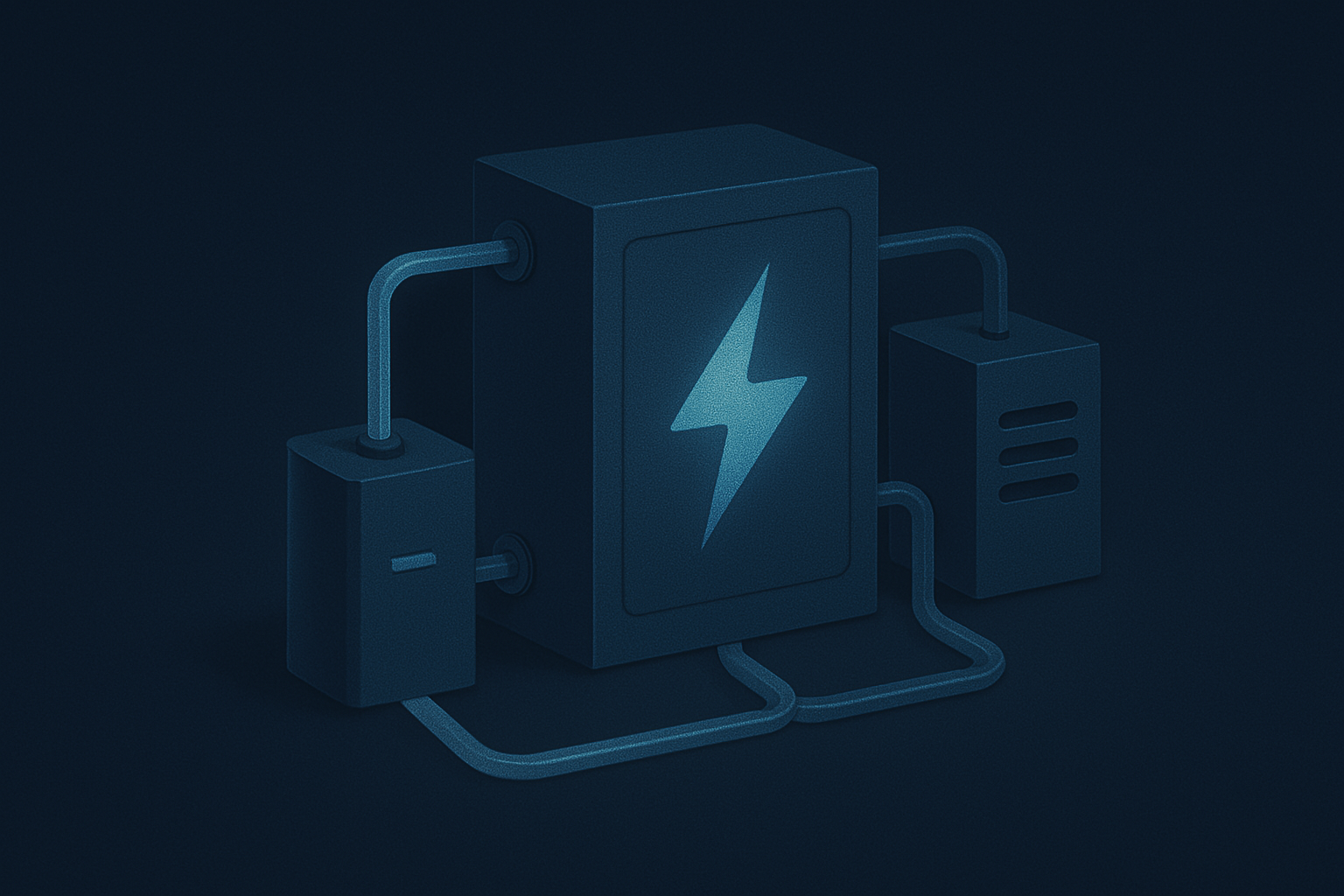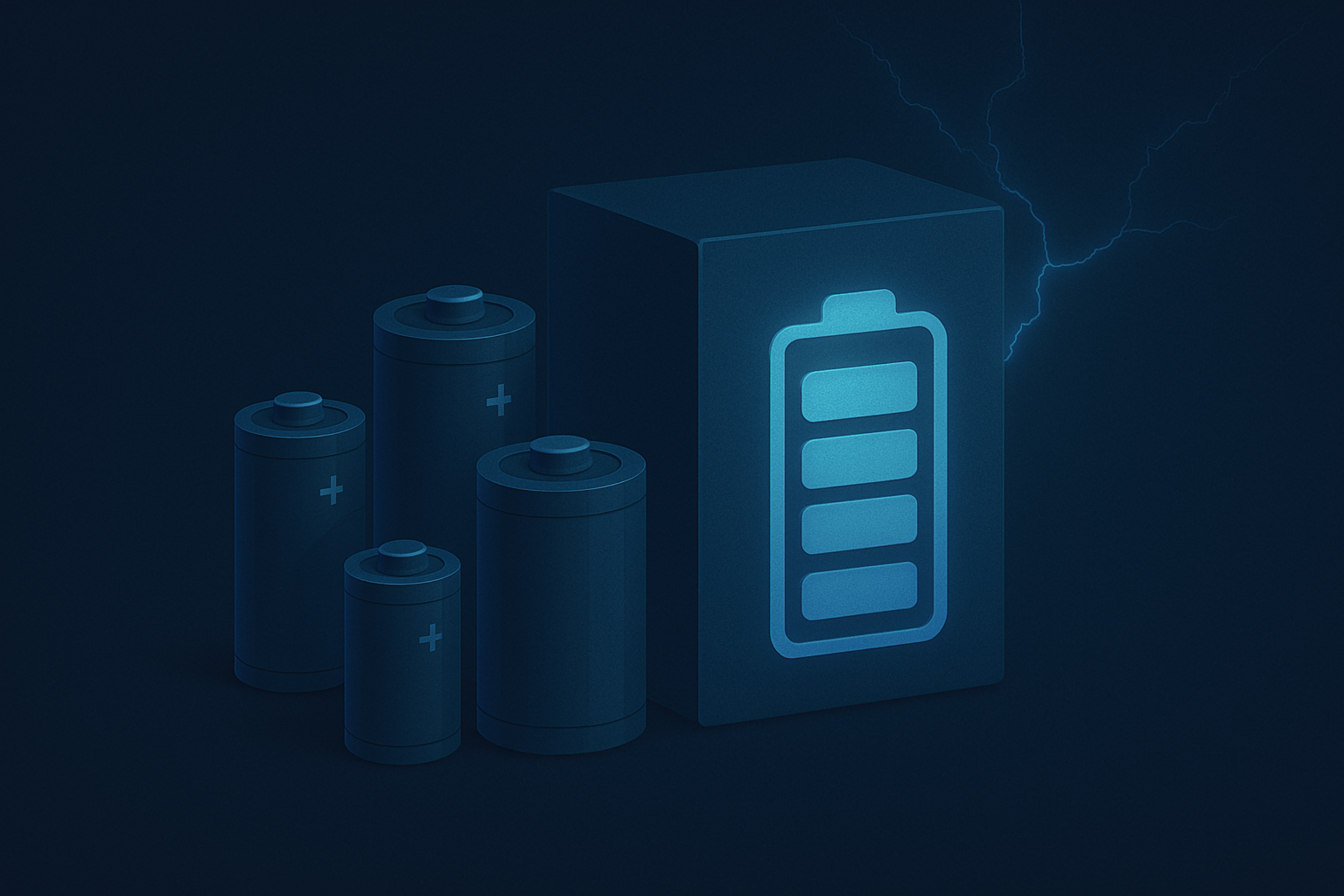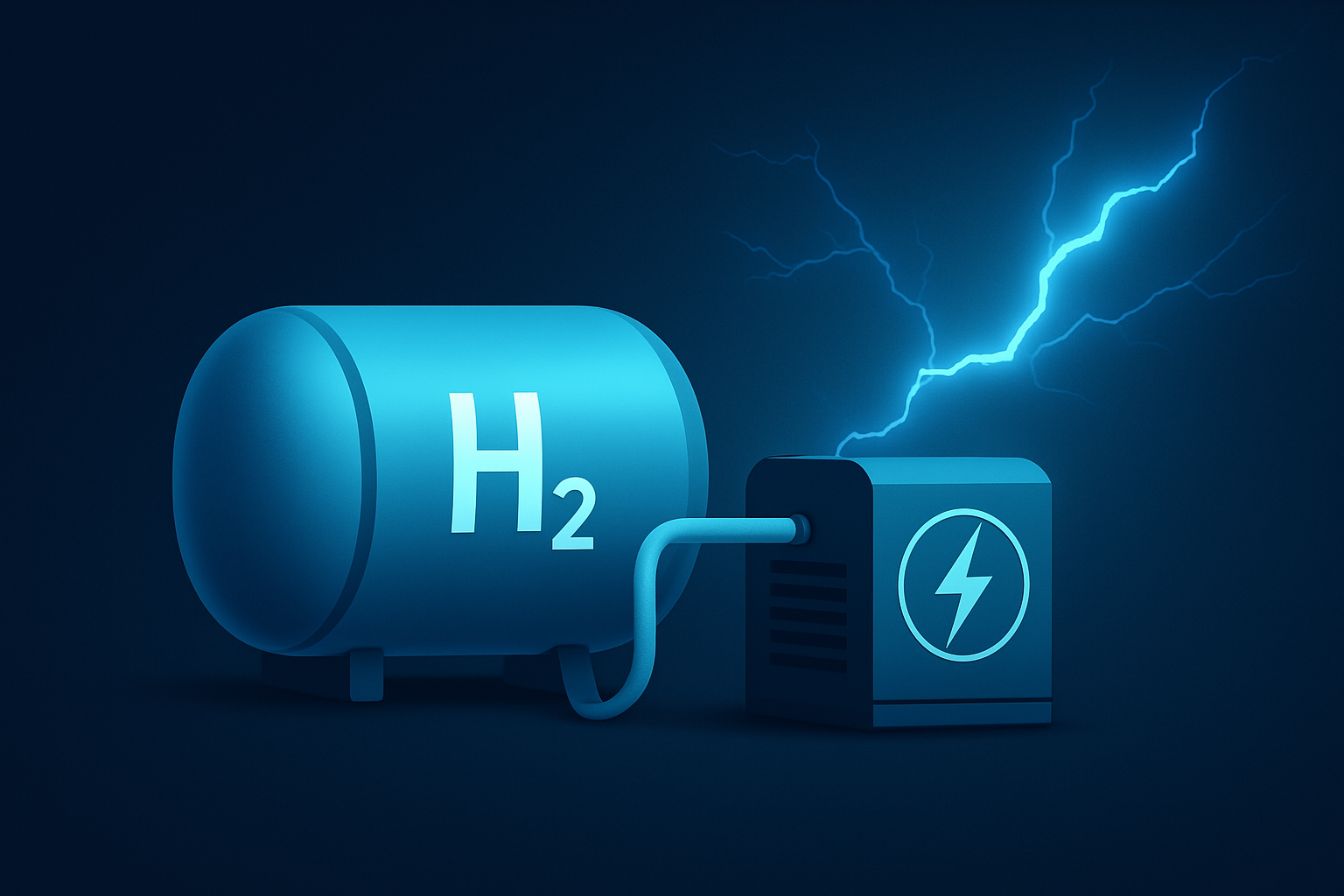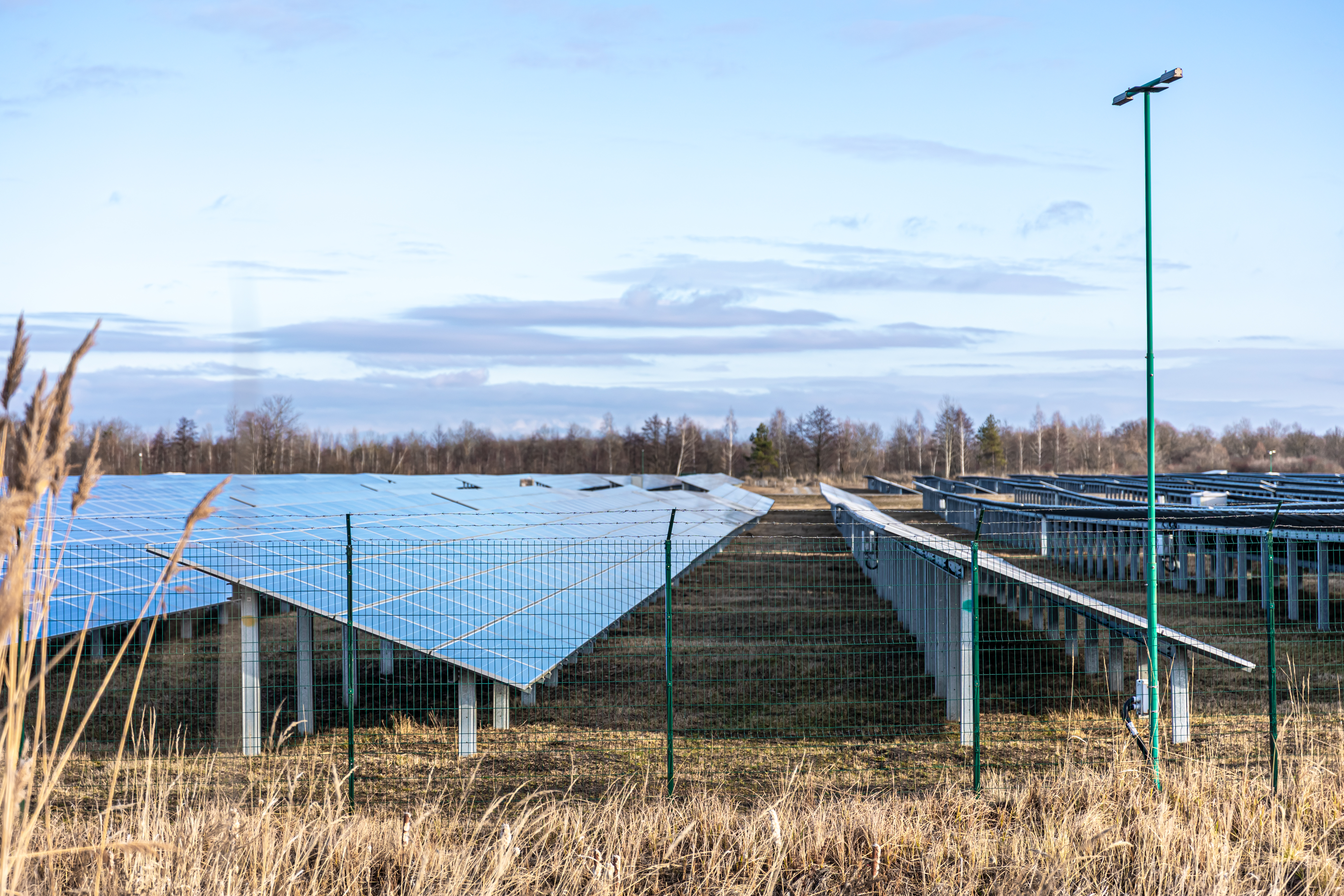
Energy Storage and the Intermittency of Renewables – Why It Matters for Romania and Hungary – Part 4
Why Energy Storage Is the Missing Link in the Renewable Transition
The rapid expansion of renewable energy sources, particularly solar and wind, in Hungary and Romania has brought about significant challenges in maintaining grid stability and ensuring efficient energy utilization. Energy storage systems, especially Battery Energy Storage Systems (BESS), have emerged as essential solutions to address these challenges.
Hungary's Strategic Investments in Energy Storage
Hungary has recognized the critical role of energy storage in stabilizing its increasingly renewable-heavy grid. The government has allocated €150 million to develop approximately 50 grid-scale storage projects, aiming to add 440 MW of storage capacity by April 2026. These projects are designed to mitigate grid congestion and reduce reliance on neighboring countries during peak demand periods.
Furthermore, regulatory advancements have facilitated the deployment of co-located BESS projects. Amendments to the Hungarian Electricity Act and updates to the Transmission System Operator MAVIR’s Operational Code have established a more accommodating framework for these systems, enhancing grid stability and maximizing renewable energy utilization.( https://www.wolftheiss.com/insights/charging-ahead-hungarys-newly-introduced-rules-fuel-co-located-bess-expansion/ )
Private sector initiatives are also contributing to Hungary's energy storage landscape. For instance, MET Group is developing a 40 MW/80 MWh BESS in Százhalombatta, utilizing lithium iron phosphate (LFP) technology, with commissioning expected in the summer of 2025. LinkedIn
To be continued…
Banner designed by Freepik
News & Events
Read the most recent updates and explore the upcoming events.




